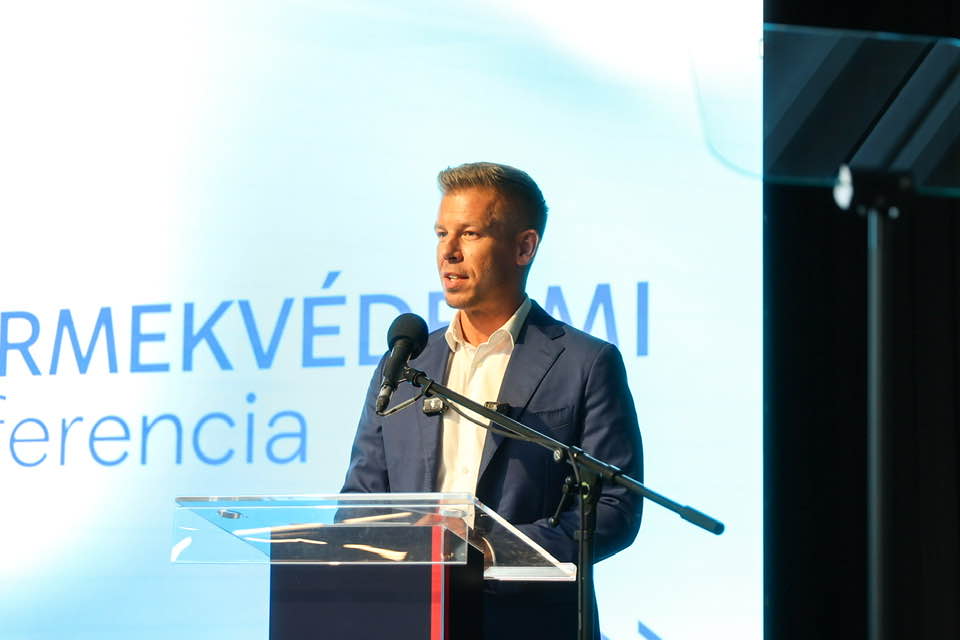Senior political scientist’s striking prognosis: despite Péter Magyar’s lead, Orbán likely to win the elections – here’s why, UPDATED

Gábor Török, one of Hungary’s leading political scientists, has offered a striking projection for the 2026 general election, stating that Péter Magyar is unlikely to win based on current data. Just 18 months ago, neither Péter
Nobody knew Péter Magyar and the Tisza Party 1.5 years ago
The last parliamentary election took place in April 2022, just two months after Russia launched its full-scale invasion of Ukraine. Despite a united opposition at the time, Prime Minister Viktor Orbán’s peace rhetoric, missteps by the opposition’s joint prime ministerial candidate, and the almost unlimited resources of Orbán’s Fidesz party—compared to the six opposition parties—resulted in a fourth consecutive landslide victory for the incumbent.
Since then, however, the Hungarian government has been grappling with an economic crisis and soaring inflation. Last year’s clemency scandal led to the resignation of two prominent Fidesz politicians—the President of Hungary and the former Minister of Justice (both women)—and brought Péter Magyar, the former justice minister’s ex-husband and leader of the Tisza Party, into the spotlight. Since November, Magyar’s Tisza Party has been leading in polls conducted by non-government-aligned pollsters.
- Surge in support for Péter Magyar’s Tisza party prompts analyst to call for shake-up in Orbán’s team

Senior political scientist Török: Orbán will win
Despite these polling trends, senior Hungarian political analyst Gábor Török believes that, based on current information, Prime Minister Orbán is likely to win the upcoming general election. He attributes this to Fidesz’s financial dominance, the delayed and risky candidate selection process within the Tisza Party, and the government’s effective campaign strategies—bolstered by financial incentives such as artificial price cuts and the expansion of the family tax allowance system.
- Turning point: More Hungarians trust in Péter Magyar than Viktor Orbán – government change on the horizon?

Török forecasts that Fidesz will likely secure a narrow majority in the next parliament, meaning Orbán may fall short of the two-thirds supermajority he enjoyed between 2018 and 2026. He added that the Tisza Party would require a significantly larger lead over Fidesz, as well as stronger policy credibility and more effective everyday communication, to realistically challenge for power.
Read more about what poll results show in Hungary.
UPDATE – A Tisza government would bring about ‘a real change of regime’, Magyar says
The ruling Fidesz party bears responsibility for multiple crises in Hungary, the opposition Tisza Party said on Monday, vowing to offer “professional responses” to problems to have emerged in areas such as drought and water management, education, health care, railways and child protection, as well as offering “a real change of regime”.
“These are all the result of decades of the Fidesz government’s omissions and irresponsible decisions,” the party’s statement quoted its leader, Péter Magyar, as saying. At its congress on Saturday and a subsequent nationwide tour, the party will unveil its “professional responses”, the statement added.
Tisza faulted the government for neglecting water management developments in recent decades and failing to effectively tap the relevant EU funding. The region’s other countries “have built reservoirs, increased crop yields and reduced water consumption,” it said, adding that Hungary urgently needed professionally implemented infrastructure developments.
The party said that while pensions had barely increased and the state sector was witnessing payroll cuts, the government had opted to award itself large pay rises. In the meantime, health care and the railways were “collapsing”, it added.
“Hungary has become the poorest EU member state and a third of Hungarians” live on the poverty line. The statement also referred to a scramble to find “thousands of teachers” to fill 6,800 jobs, insisting that schools faced serious disruption in September as a result.
Tisza also referred to “unbearable conditions” in hospitals and a shortage of doctors. Instead of taking action, the government “prefers to put the blame on the Tisza Party”, it said. The opposition party said it was down to the “heroic efforts” by railway workers that the network was still running, though coping with outdated rolling stock and poor track conditions.
Meanwhile, Hungarian child protection was embroiled in a “systemic crisis”, the statement said, citing more and more babies being abandoned in hospitals and severe problems in orphanages, including a lack of sufficient number of places.
Tisza also insisted that the central bank had played a role in “the world’s biggest bank robbery, where 650 billion forints disappeared”. “It’s shocking that none of those responsible are yet in custody,” it said, calling on the public prosecutor to take “immediate action”.







